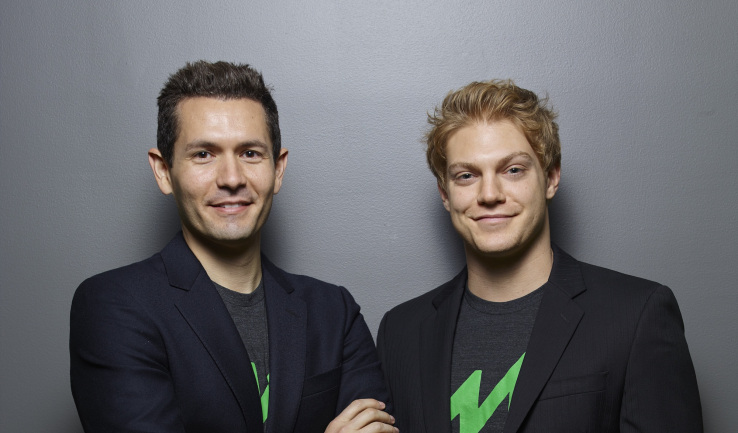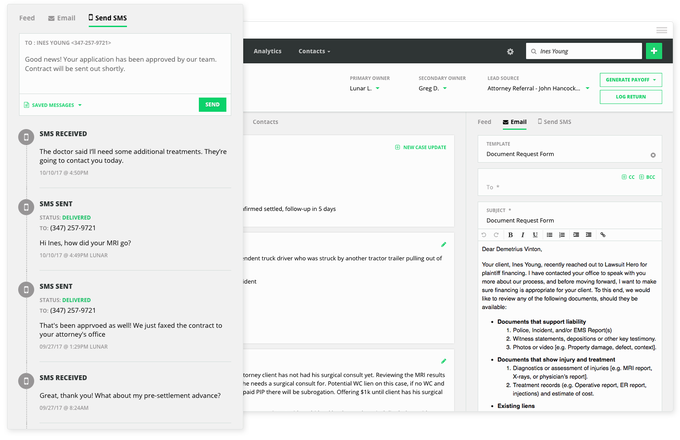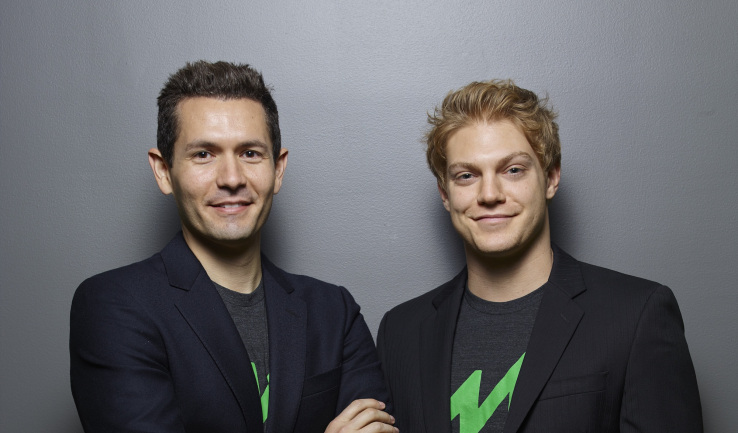
What’s better than building a company in a fast growing industry? Building a service provider for all the other companies in that fast growing industry.
While Mighty started as a plaintiff financing platform it’s shifted to a a software company that’s building an “operating system for legal and medical founders”. Essentially the startup has created a CRM-like tool that legal funders can use to manage all aspects of their lawsuits – this includes things like keeping track of case status, payouts to date and lifetime returns.
Mighty even has built-in communication tools so funders can text plaintiffs or fax documents to doctor’s offices all from one dashboard.
It’s a big step up from the existing solution, which usually is either a physical “file” of paperwork or a messy and slow excel spreadsheet. And while funders could have used existing CRM tools it’s a huge benefit to have a custom industry-tailored solution just for the legal funding industry.
The startup has raised $9M in equity funding co-led by existing investors IA Ventures and Tribeca Venture Partners to help it grow faster after its pivot. Interestingly, they’ve also raised $100M in credit from institutional capital providers that’s being used to create a vehicle to essentially fund their users – who in turn will pass on capital to plaintiffs.

It’s a big bet that Mighty’s technology platform will allow their users to work more efficiently than competing legal funding groups not using Mighty’s technology. If it works it could not only prove the benefit of their product but also generate outsized returns for this new funding vehicle.
To be clear the groups that use Mighty’s platform are making investments and not loans in personal injury plaintiffs. This means that if the case is lost, the plaintiff doesn’t owe any money to the originator.
The fact that the legal funding industry can now support dedicated service providers is a good sign that the market is maturing, which is a good thing. Responsible plaintiff financing can be the different between an injured plaintiff being able to afford to wait for a trial instead of settling for an unfairly low amount because they urgently need cash.


